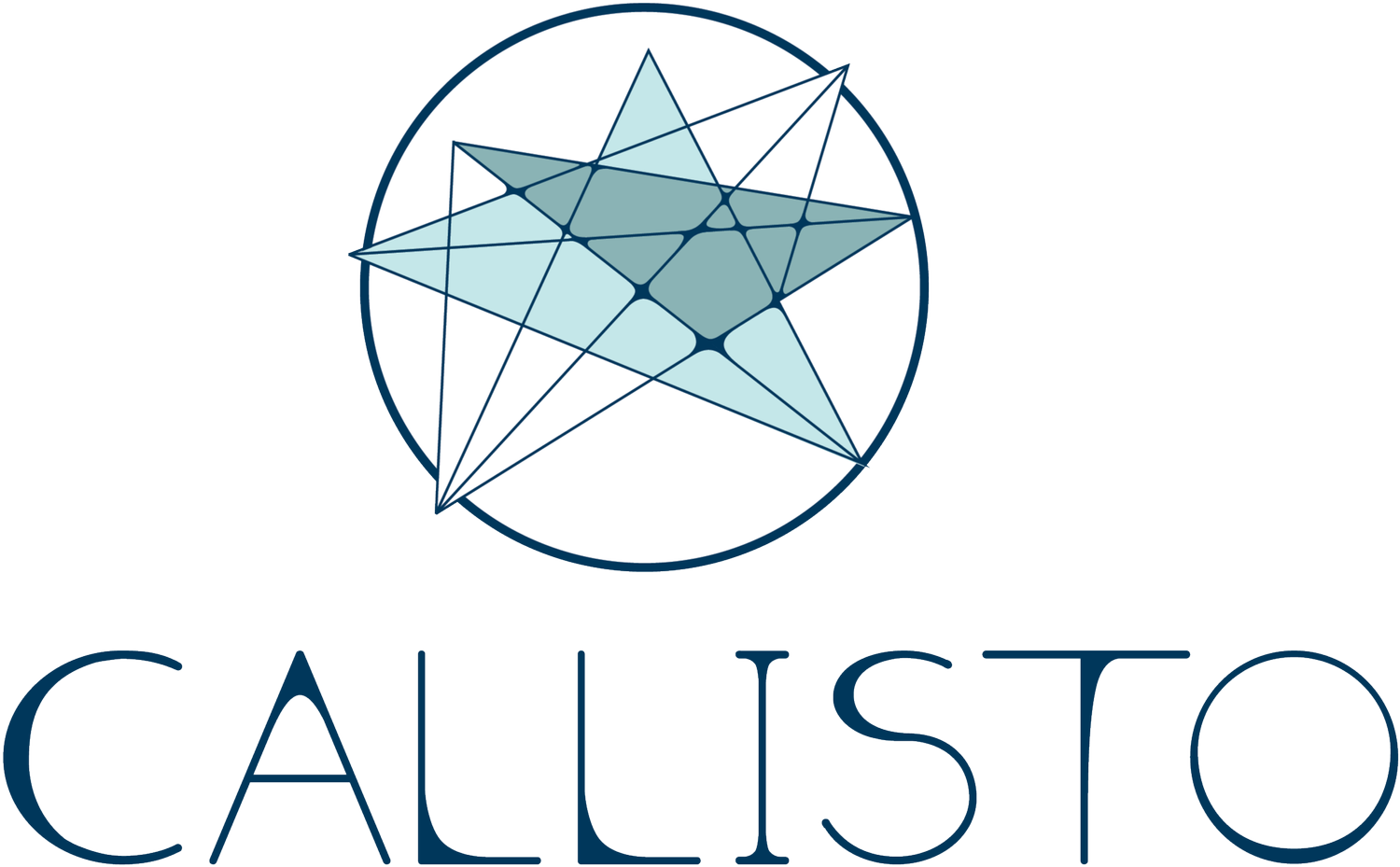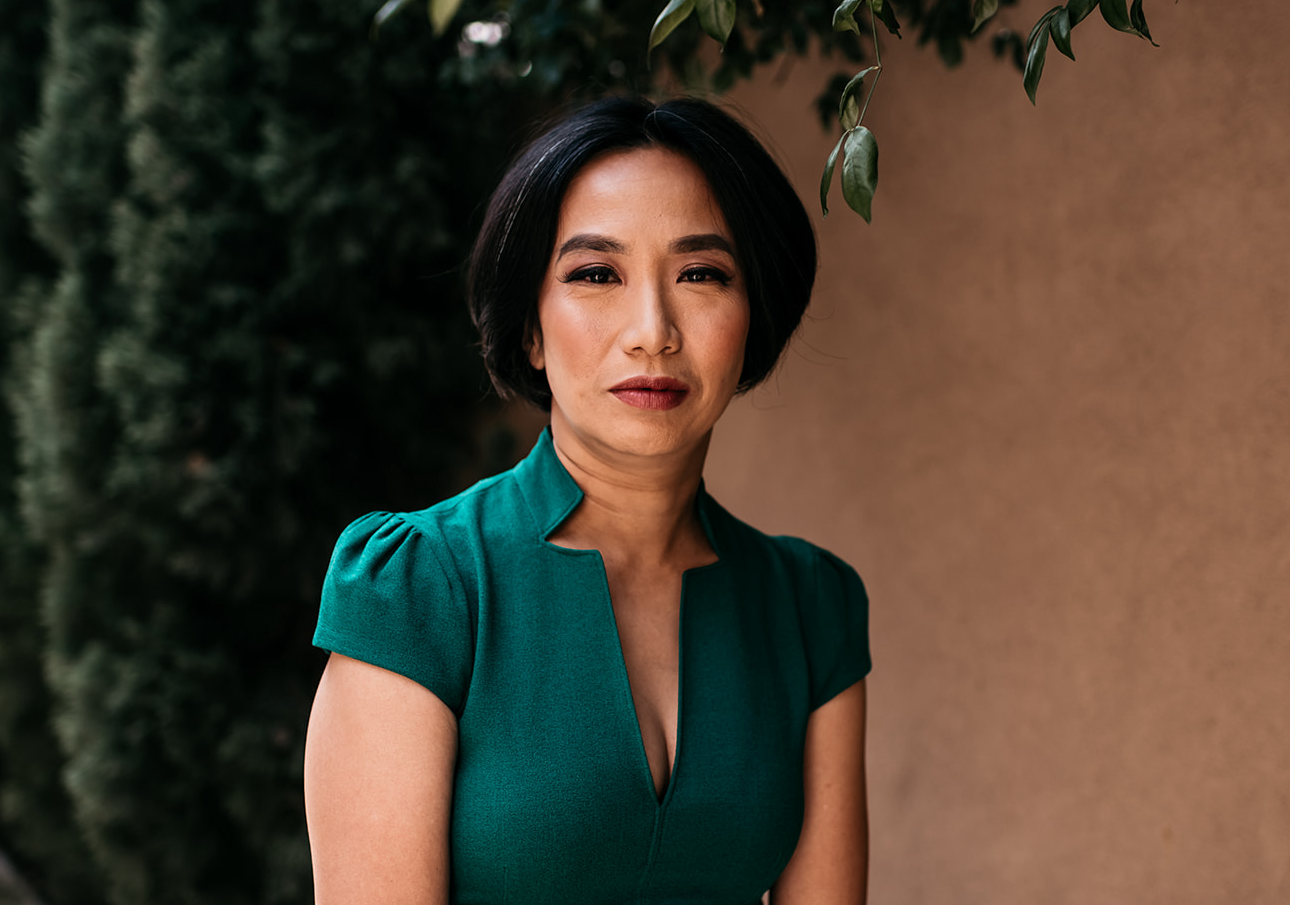As another jury begins deliberating. Here's what a Weinstein survivor wants you to know.
Op-Ed by Rowena Chiu
Content Warning: Includes references to sexual assault
This week, my former boss and would-be rapist, Harvey Weinstein, is being re-tried in New York, and three brave survivors (Jessica Mann, Kaja Sokola, Mimi Haley) are (re)taking the witness stand.
As I listened to yesterday’s closing statements on Harvey Weinstein’s retrial for sexual crimes, I swallowed down a futility cocktail that has become all too familiar: anger, betrayal, disbelief, frustration, humiliation, isolation… Once again, women bear the brunt of the burden of proof. Every aspect of their decisions, their lifestyle, and their personalities is picked over and examined. Did you flirt? How did you dress? What did you say? Why didn’t you run? Why were you there? The legal system creates a false narrative around the choices they made, while giving them none.
An unintended consequence of living in California is that you’re asked how you feel more often than what you think. The Hollywood Reporter asked me how I felt, and I wrote about how I was torn between awe and despair for the women who are (re)testifying in this month’s trial: awe at their grace and strength to put themselves through this once again, on behalf of all of us survivors; and despair that the legal system is still so biased towards perpetrators and flawed towards survivors. I wrote about a continued survivor push to fight for justice and how I’m proud to stand with them.
And, whilst all that is undeniably true, I also think that we are - logically - making progress. It’s just hard to feel that in the moment. Rationally, the #MeToo Movement will continue - maybe even benefit from – a softening of that harsh glare of media spotlight, which characterized its early days. Without media, survivors have more of a chance to enact genuine legislative and policy change. Because change rarely happens overnight, in front of an audience of thousands. Instead, it requires chipping away at the coalface: in law courts, in state capitol buildings, and in some private offices.
Away from eager reporters, front-page news articles, movie magic and red carpets, advocacy work is HARD. It is not glamorous – it is boring, laborious, and slow, requiring diligence, persistence, and, above all, time. So, when I’m asked how it feels to have justice granted and then taken away, I would say that it’s a reminder of a central characteristic in both the advocacy journey and the healing journey: that for every step forward, there are several steps back. But the key is not to give-up, but know you’re in for the long haul, because that arc does bend – inexorably – towards justice.
I am often asked what I wish more people understood about coming forward and navigating the criminal justice system, and I would say that it is far more complex, far more flawed, and far more stacked against the survivor than I ever imagined possible. And YET, if you do come forward, you will not be alone. #MeToo created a groundswell of women’s voices speaking out against injustice. With or without media attention, that groundswell remains constant, those voices aren’t going away; instead, they are poised to support survivors who come forward, ready to make real change.
In 1998, when Zelda Perkins and I spoke out against Harvey Weinstein, we were effectively alone. In 2025, I’m connected with a vast network of nonprofits who do the work of survivor-support. In particular, since joining the board of Callisto, I’m reminded yet again of the power of survivors coming together and of voices speaking together. In SHE SAID (the movie based on the Weinstein Story), Megan Twohey is quoted as saying: "the only way these women are gonna go on the record is if they all jump together", reminding us of the unstoppable power of collectivity.
Callisto brings survivors together: in a literal sense, by using an encrypted platform to connect survivors who have listed the same perpetrator, and in a metaphorical sense, by encouraging them to speak out and seek survivor after-care. In a world where survivors are often met by disbelief, diminishment, and negation, even from one’s own family and friends, a platform of belief, comfort and support is essential for survivor healing, justice, and often even survival itself. Without Callisto’s work, many survivors may never know that there are fellow survivors out there.
Those who love survivors are often desperate to help, but do not know how and they ask: How can I help? How can I “show up” for you? Well, here’s an easy obvious way: SUPPORT CALLISTO. Without Callisto, survivors would remain trapped in disbelief, isolation, and often self-loathing. With Callisto, during one of the lowest points of their life, survivors make essential connections that comfort, empower, and open doors to building community, pursuing justice, and surviving.
(Photo by Kathy LaBarre) Rowena Chiu is a board member of Callisto, a former assistant to Harvey Weinstein, and a #MeToo activist and advocate. She lives in Silicon Valley with her husband and four children.


